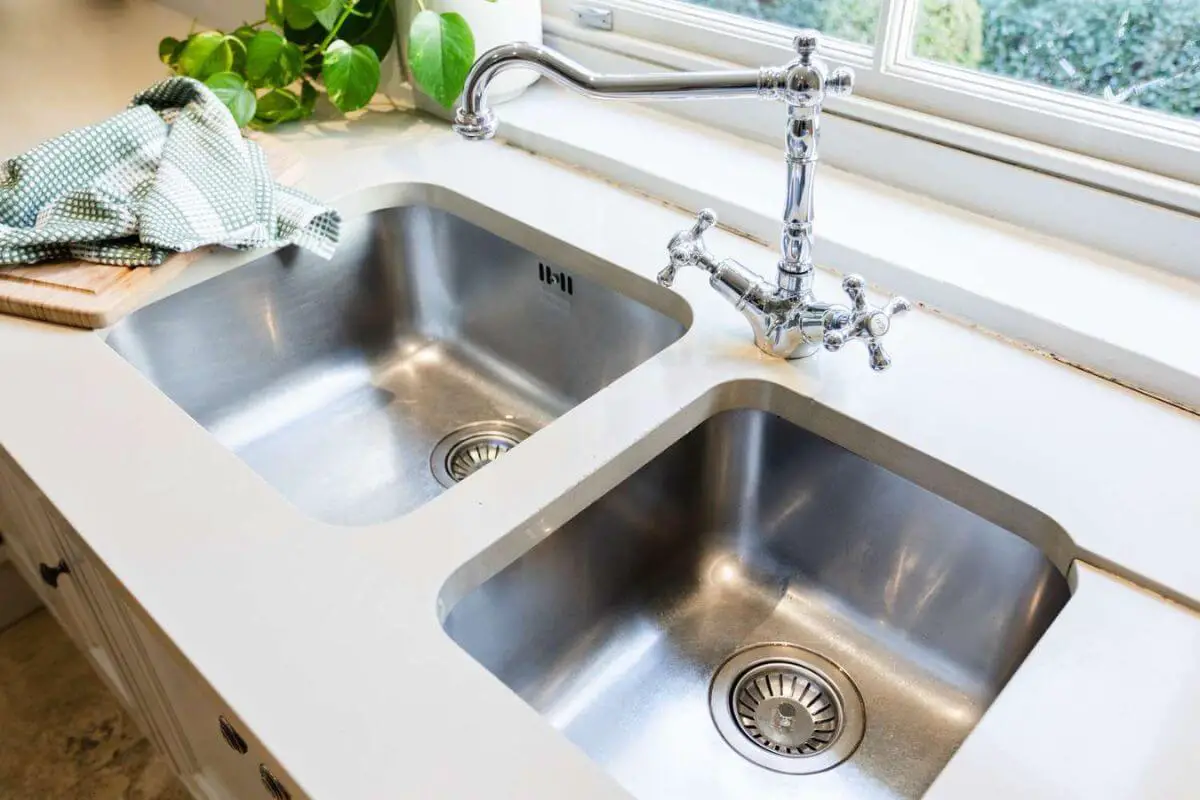Introduction
When it comes to selecting a kitchen sink, one of the key decisions you’ll need to make is choosing the right gauge for your sink. The gauge of a sink refers to the thickness of the metal used in its construction, and it can have a significant impact on the sink’s durability, performance, and even its appearance. In this article, we will delve into the comparison of 16-gauge and 18-gauge kitchen sinks to help you make an informed decision when upgrading your kitchen.
Understanding Gauge in Kitchen Sinks
Before we jump into the comparison, it’s essential to understand what gauge means in the context of kitchen sinks. The gauge of a sink is inversely proportional to its thickness, which means that a lower gauge number indicates a thicker and more robust sink. So, in our case, a 16-gauge sink is thicker than an 18-gauge sink.
The Pros and Cons of 16-Gauge Kitchen Sinks
Pros
- Durability: 16-gauge sinks are thicker and more durable, making them less prone to dents and damage from heavy pots and pans.
- Less Noise: The thicker metal construction of 16-gauge sinks dampens sound, reducing noise when you’re washing dishes.
- Sturdier Appearance: These sinks often have a more substantial and high-quality appearance, adding a touch of luxury to your kitchen.
Cons
- Heavier: Due to their thicker construction, 16-gauge sinks tend to be heavier, which can make installation more challenging.
- Higher Cost: The added thickness and durability come at a price, making 16-gauge sinks more expensive than their 18-gauge counterparts.
The Pros and Cons of 18-Gauge Kitchen Sinks
Pros
- Affordability: 18-gauge sinks are typically more budget-friendly, making them an attractive option for cost-conscious consumers.
- Easier Installation: Their lighter weight makes 18-gauge sinks easier to install, which can save you on installation costs.
Cons
- Less Durability: Thinner metal means that 18-gauge sinks are more susceptible to dents and damage from heavy kitchen items.
- Increased Noise: These sinks can be noisier when water and dishes come into contact with their surfaces.
Which One Should You Choose?

The choice between a 16-gauge and 18-gauge kitchen sink ultimately depends on your preferences and budget. Here are some factors to consider:
- Usage: If you have a busy kitchen and frequently use heavy cookware, a 16-gauge sink may be a better choice for its durability.
- Budget: If you’re working within a tight budget, an 18-gauge sink offers a more economical option without compromising quality.
- Aesthetics: Consider the overall look you want to achieve in your kitchen. A 16-gauge sink can lend a more luxurious appearance, while an 18-gauge sink is more budget-friendly.
- Installation: If you’re planning a DIY installation, the lighter weight of an 18-gauge sink may be more manageable.
Conclusion
In the battle of 16-gauge vs. 18-gauge kitchen sinks, there is no one-size-fits-all answer. Your choice should align with your specific needs, budget, and design preferences. Both gauges have their advantages and disadvantages, so weigh them carefully before making your decision.
FAQs
Is a 16-gauge sink always better than an 18-gauge sink?
Not necessarily. It depends on your needs and budget. While 16-gauge sinks are thicker and more durable, 18-gauge sinks are more affordable.
Do 16-gauge sinks require special care or maintenance?
They are generally low-maintenance but benefit from regular cleaning to maintain their appearance.
Can I install a 16-gauge sink on my own?
It’s possible but may be more challenging due to their heavier weight. Professional installation is recommended.
Are 18-gauge sinks noisier than 16-gauge sinks?
Yes, 18-gauge sinks can be noisier due to their thinner metal construction.
Where can I find 16-gauge and 18-gauge kitchen sinks?
You can explore various home improvement stores, kitchen showrooms, or online retailers to find a wide range of options for both gauges.



